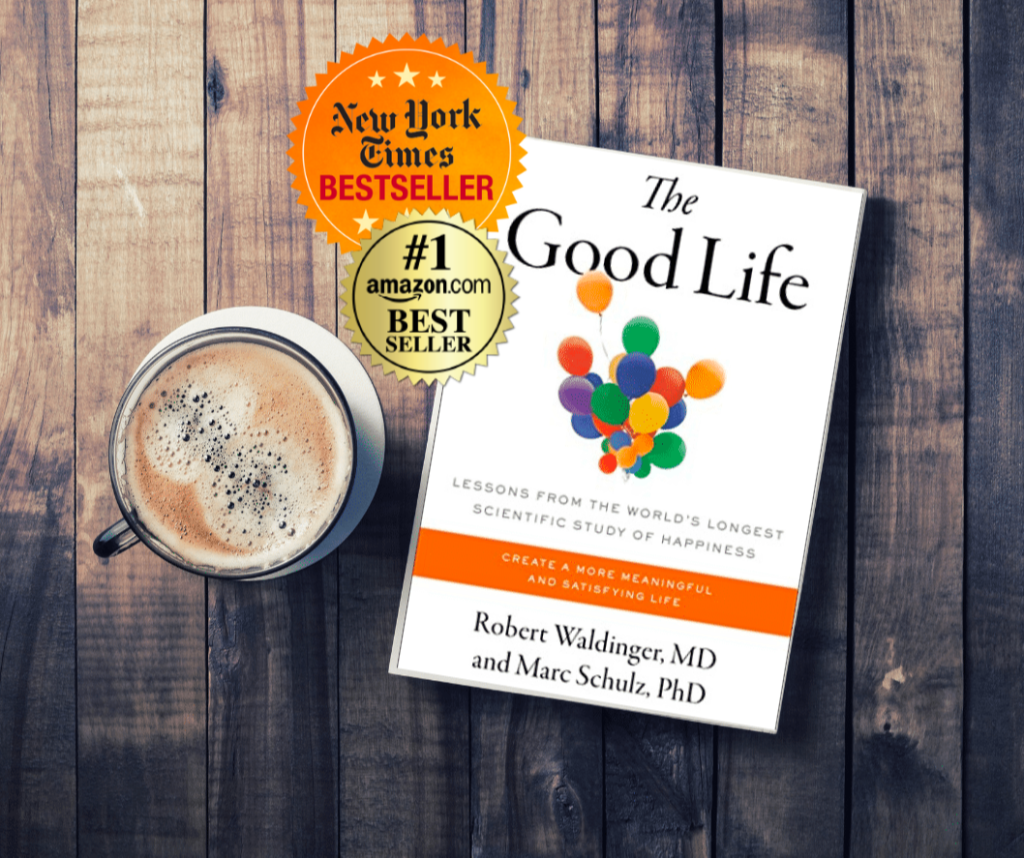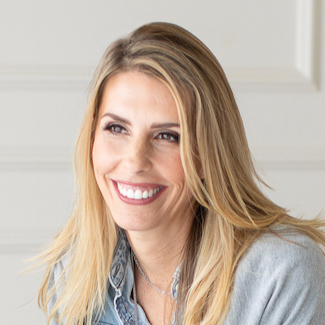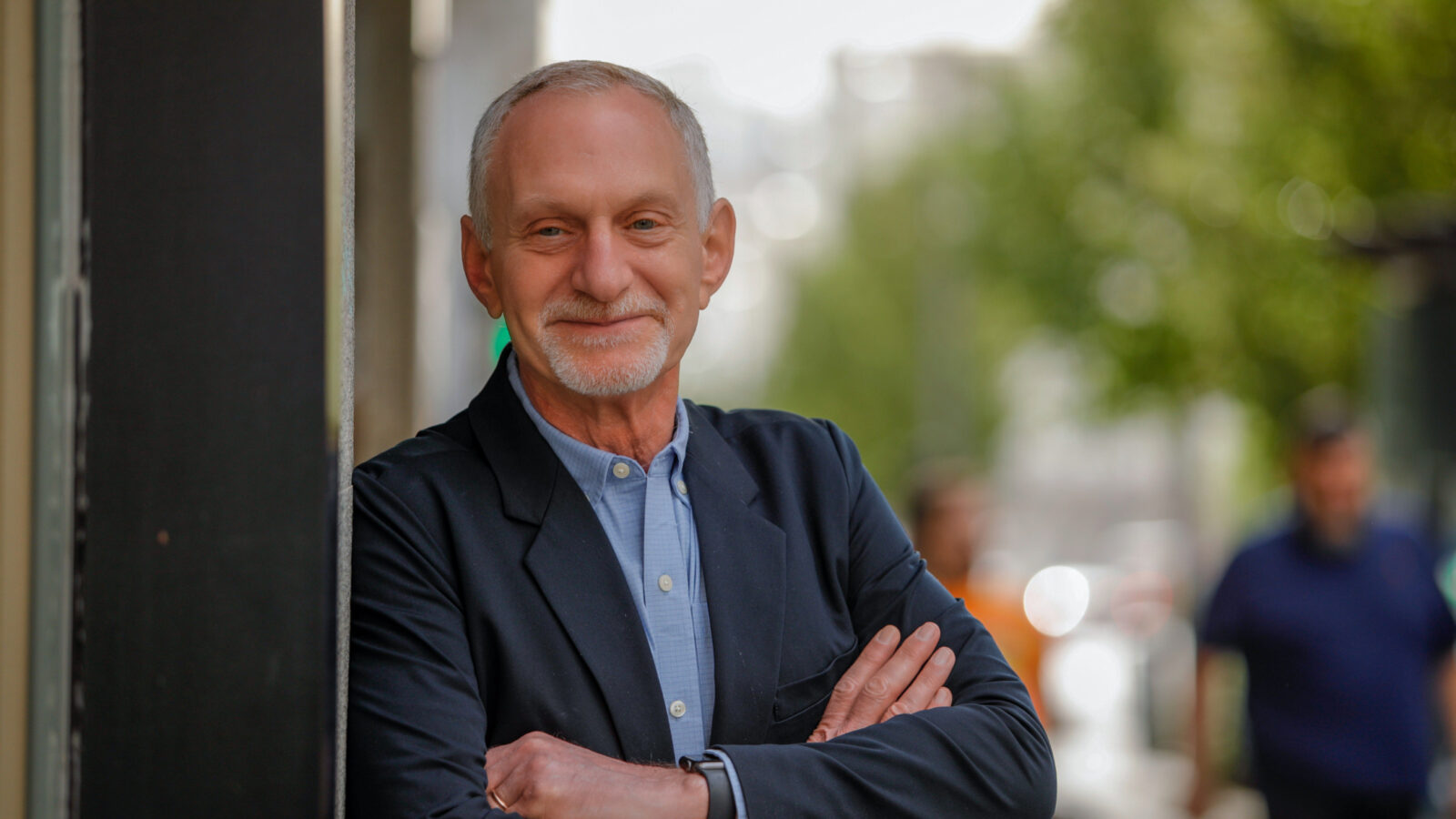As someone endlessly fascinated by the intricacies of human behavior and the secrets to our flourishing, I was delighted to have the privilege to interview Dr. Robert Waldinger, author, professor, Zen priest, and leader of the world’s longest scientific study on happiness. As Director of the Harvard Study of Adult Development, Dr. Waldinger watches entire lives play out over 85 years and two generations. His insights offer practical wisdom and inspiration for anyone seeking a fulfilling life.
Note: For the full interview, listen to our ‘Evolving with Gratitude’ podcast episode, embedded in this article (above) and also available on your favorite podcast platform.
An Innovative Study on Well-Being
Diving deeper into this fascinating study reveals why it’s so impactful. The Harvard Study of Adult Development, originating in 1938, was revolutionary. Many decades ahead of the positive psychology movement, it diverged from the typical focus on what’s wrong with people and pathology to explore what’s right with people and what constitutes a good life.
This remarkable study stands as one of the few in history to follow individuals from their teenage years well into their 90s. Employing meticulous scientific approaches, it dives into the essence of what truly contributes to our flourishing. Over a span of 85 years, the study has observed 724 families, uncovering a profound truth: the richness and intensity of our social connections are not just pivotal to our happiness, but are also integral to our physical health.
The richness and intensity of our social connections are not just pivotal to our happiness, but are also integral to our physical health.
–Dr. Robert Waldinger
Social Fitness
Another key insight from this extensive research focuses on the concept of “social fitness.” Dr. Waldinger shares, “with physical fitness, we go and exercise and then you don’t come home and say, ‘Good. I’m done. I don’t ever have to do that again.’ We think of it as an ongoing practice. And what we found with the people in our study who seem to have the strongest social networks and the best relationships was that they kept at it. It was a practice for them.”
He goes on to share that, “Social fitness was a way to signal this is something you want to do every day, every week, small actions, just to keep contact with the people you care about and to strengthen the connections you have with the people who are most important to you.” This is an important reminder that the strength of our social bonds is not just about grand gestures, but more about the small, consistent acts of connection.
The Transformative Power of Attention
Building on the idea of social fitness, Dr. Waldinger discusses another element vital to nurturing our relationships: the impact of our attention. In today’s technology-driven world, this aspect takes on even greater significance. He emphasizes the importance of consciously directing our focus toward our partners, colleagues, and friends. This intentional engagement is vital for deepening our connections.
He further illustrates this point by referring to a study: “When someone has their cell phone out, even if it’s face down on the table between you and another person, the conversations are less deep than when there’s no screen or cell phone in sight.” This finding underscores how the mere presence of technology can subtly diminish the quality of our interactions.
By adopting a more mindful and present approach in our daily engagements, as suggested by Dr. Waldinger, we open the door to cultivating stronger, more meaningful relationships. It’s about creating a space where genuine emotional presence and connection are prioritized.
Curiosity and Gratitude
In addition to the power of attention, Dr. Waldinger emphasizes two more pillars of fulfilling relationships: curiosity and gratitude. He proposes a simple yet profound question to keep our interactions fresh: “What’s here right now that I’ve never noticed before?” This mindset invites us to view familiar relationships with a renewed sense of wonder, keeping them vibrant and evolving.
Expanding on curiosity’s impact, Dr. Waldinger notes, “Curiosity makes people feel like you’re really interested in today, in who they are now.” This approach nurtures our connections, allowing us to rediscover and appreciate the ever-changing nature of those around us.
Similarly, he emphasizes the power of gratitude in enhancing happiness. Drawing on his Zen teachings, he shares, “Gratitude is noticing what’s not wrong.” This perspective shift, focusing on the positives rather than negatives, can significantly uplift our mood and outlook on life.
By blending curiosity with gratitude, Dr. Waldinger encourages us to cherish every moment and person in our lives, fostering deeper connections and a more joyful existence.
Gratitude is noticing what’s not wrong.
–Dr. Robert Waldinger
The Myth of Perpetual Happiness
Amid these insights, Dr. Waldinger also addresses a common misconception in our pursuit of happiness. He stresses the unrealistic nature of constant happiness, often perpetuated by social media, which can lead to feelings of inadequacy and missing out. “Nobody’s happy all the time,” he reminds us, encouraging a healthier perspective on life’s natural ebbs and flows. Understanding and accepting this can significantly alleviate the pressure to maintain a façade of perpetual joy.
Nobody’s happy all the time.
–Dr. Robert Waldinger
Embracing Life’s Journey
My conversation with Dr. Waldinger was not just enlightening but deeply affirming. His insights on social fitness, the power of attention, and the importance of curiosity and gratitude offer practical, actionable advice for anyone seeking a richer, more fulfilling life. And his debunking of the happiness myth provides a much-needed reality check in our digitally dominated world.
In embracing these lessons, we can all strive towards a more balanced, connected, and genuinely fulfilling existence. I encourage readers to explore Dr. Waldinger’s work further, perhaps starting with his book, The Good Life written with Dr. Schulz, for a deeper dive into these life-changing concepts.
Which of these insights resonated with your own experiences? What small, but significant steps will you take to enhance your relationships, focus your attention, and foster gratitude in your daily life? Please share your stories and thoughts with me on Insta, @LainieRowell. Let’s journey together towards building a good life.
With gratitude,
Lainie
Connect with and learn from Dr. Robert Waldinger:
Website – RobertWaldinger.com
Book – The Good Life: Lessons from the World’s Longest Scientific Study of Happiness by Robert Waldinger M.D. and Marc Schulz Ph.D



